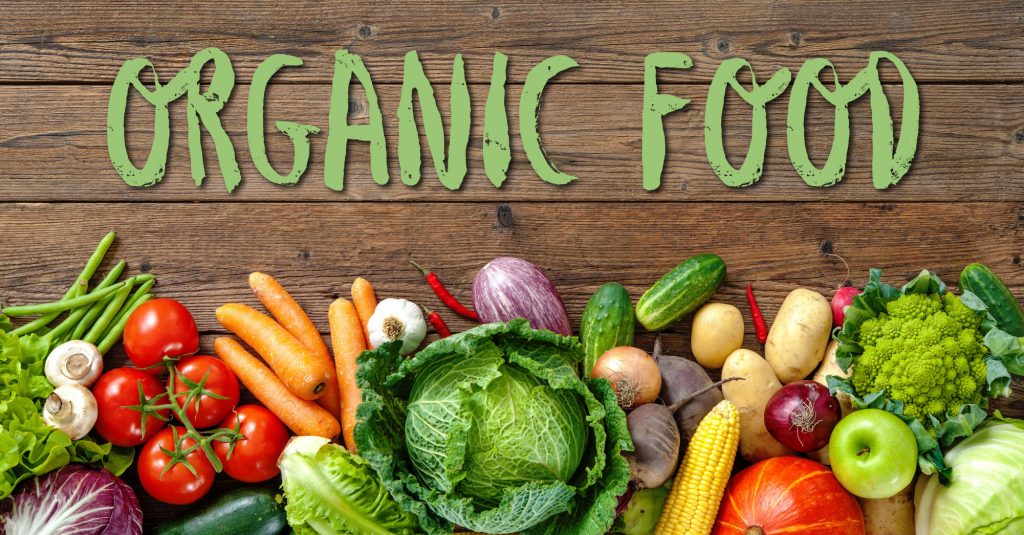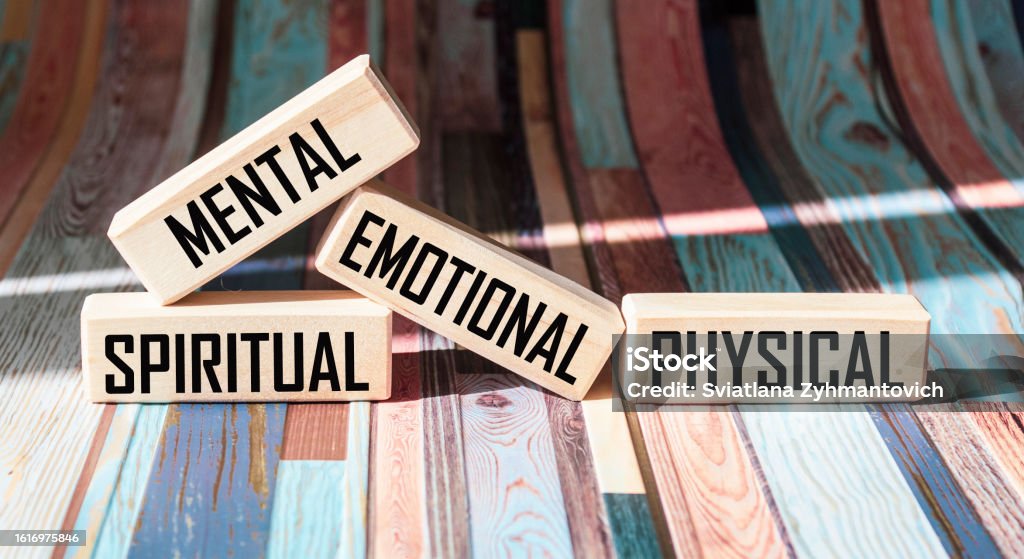
In the Catholic Times, a priest working in hospital ministry writes in One Mind One Body Suicide Prevention Center column on what we can learn from the Good Samaritan on suicide prevention.
We are indifferent to the suffering of others. There are various encounters along the path of life, and while there are truly precious encounters, there are also encounters that we want to avoid. Sometimes we see people who have fallen on the path of life. In Chapter 10 of the Gospel of Luke, we hear about a person who fell on the road of life. The priest and the Levite ‘see’ the robbed man and then pass by and go in the opposite direction.
You might wonder how that could be, but they had their own reasons. Those who worked in the temple became unclean if they touched blood or a dead person and could not enter the temple. But if we know what pleases God more, this is clearly an act of abandoning a great good for a lesser good.
The relationship between the Samaritans and Jews was not good so they could pretend not to know each other. However, the Samaritan may have had a similar experience in the past, but when he saw the fallen person, he felt the pain as his own and could not just ignore it.
Nowadays, few know that Korea has the highest suicide rate in OECD countries. We hear about such deaths all the time through the broadcast media or news from people around us. Now he believes there's is little that he doesn't know with his head. In modern society, various factors such as mental illness, victims of violence, irreversible physical pain, in life play a complex role as causes of suicide. And the church must pray for those who have died by suicide with a truly ‘mourning’ heart and be concerned for the families of those bereaved by suicide.
However, apart from feeling sad, it is necessary for Catholic believers to recognize the seriousness of the suicide problem in our society and to actively pay attention to suicide prevention practices as individuals and faith communities together, and to 'participate' in rescuing those at risk of suicide.
Passing by indifferently my neighbor who is on the brink of suicide without thinking of him as ‘my neighbor whom I must take care of’ reminds him of Cain’s response: Don’t know” to God’s question— "Where is your brother Abel?" As the Apostle James said: "If you know how to do something good but do not do it, it becomes a sin" (James 4:17). Believers must be more active in doing good.
Pope Francis strongly criticized modern societies' inability to grieve, citing the tragic events resulting from today's "globalization of indifference". Many modern people 'see' the suffering of others directly and encountering it every day through the media, but they are insensitive to it and regard it as someone else’s problem. The reason we don't know how to cry for our neighbors or empathize with them may be because the globalization of indifference has taken away from us the ability to grieve.
The opposite of love is not hate, but indifference. Not loving is not hating, but not actively trying to see. This is not because the person is evil or does not love God. This is because although they believe in God with a good heart, they have no interest in their neighbors. The weakest in this day and age are those who cannot live to their full potential. Even today, the compassionate heart of Jesus struggles with our indifferent hearts.





